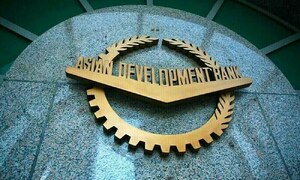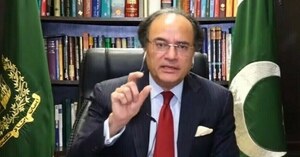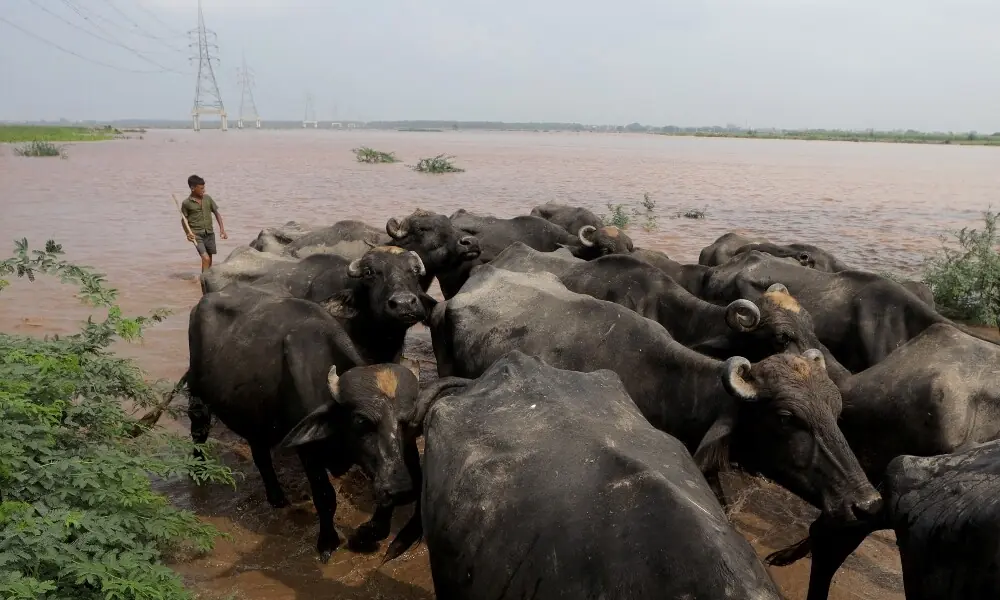 LOUIS: The governor of the Mauritius central bank said on Tuesday the key repo rate should be raised to prevent capital flight due to turmoil in emerging markets, although a divided monetary policy committee made no change at a meeting this week.
LOUIS: The governor of the Mauritius central bank said on Tuesday the key repo rate should be raised to prevent capital flight due to turmoil in emerging markets, although a divided monetary policy committee made no change at a meeting this week.
Governor Rundheersing Bheenick said raising the rate would protect the Indian Ocean island from turbulence that has hit other emerging markets and would address the low level of savings in a nation that promotes itself as an offshore banking centre.
"An increase in the key repo rate is warranted to shield ourselves from any potential risk of capital flight," he told a news conference, a day after the monetary policy committee (MPC)kept the repo rate at 4.65 percent.
"We have a structural divergence inside the MPC," he added. A central bank statement had said members of the committee were divided on the need to rapidly normalise the key repo rate to address the risks to inflation and the excess liquidity situation while enhancing savings in the economy.
The minutes of its meeting will be released on Feb. 17 "We don't see how a loose monetary policy will help to reach a growth rate of 5 percent," the governor said. "The solution is elsewhere. What we need is structural reforms.
Without these reforms our natural growth rate will be around 4 percent."
He did not spell out the reforms, but has previously talked of improving productivity and reforming the labour market.
The bank said in its statement that it expected the economy to expand by 3.7 to 4.0 percent in 2014, compared to estimated growth of 3.2 percent in 2013.
"If we maintain interest rates at its present level, savings will continue to go down. This will increase our dependency on foreign financing which will expose our economy to external shocks," the governor said.
He described excess liquidity as an "urgent problem".
In a bid to broaden its economy, Mauritius has been diversifying away from reliance on tourism, sugar and textiles. It now has growing businesses in offshore banking, outsourcing, luxury real estate and medical tourism.





















Comments
Comments are closed.